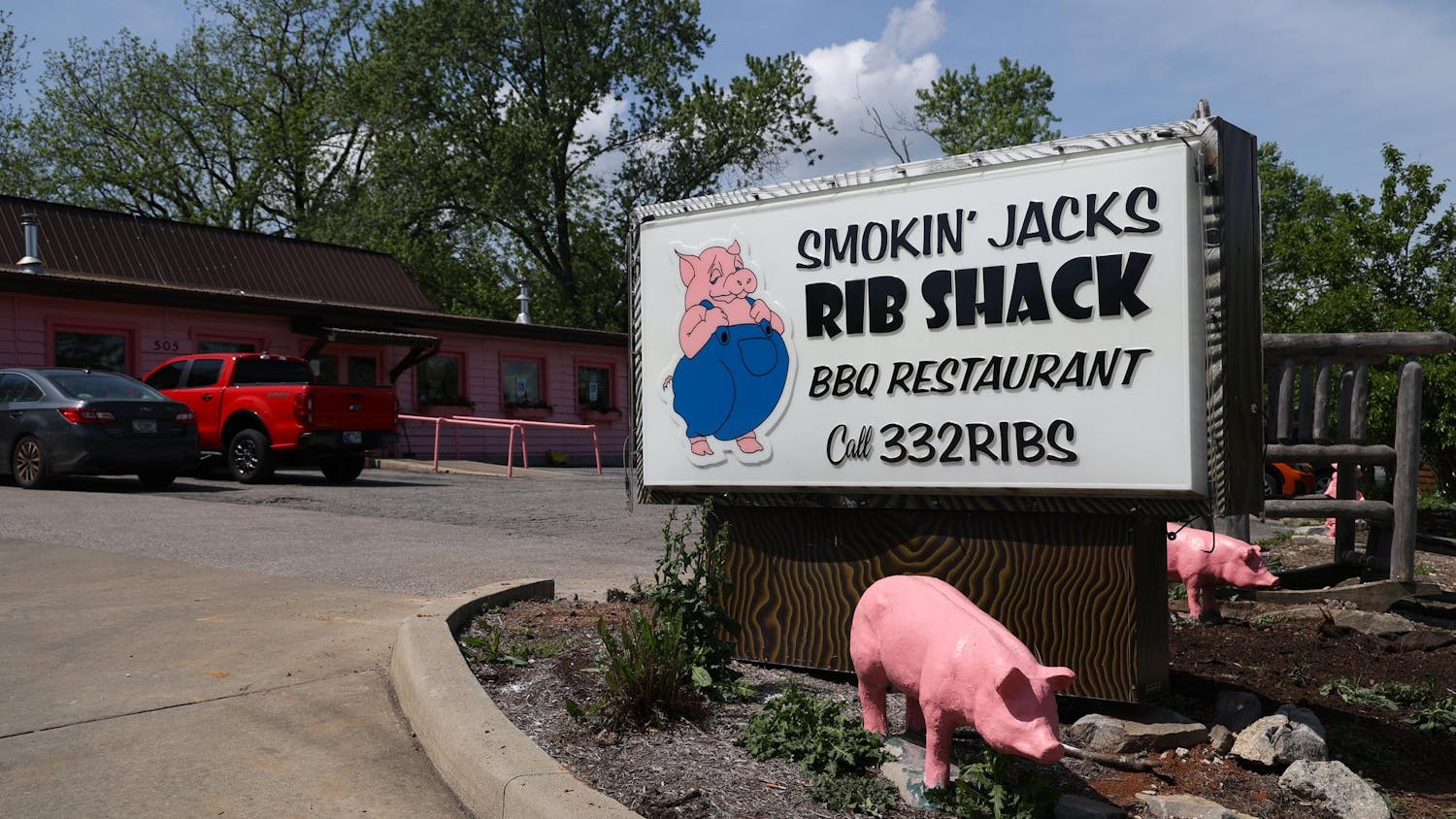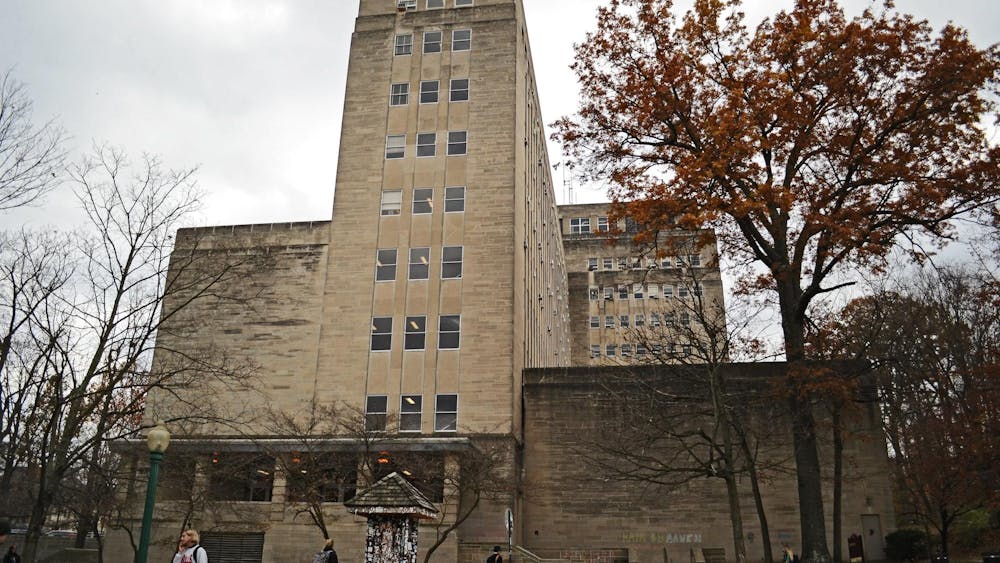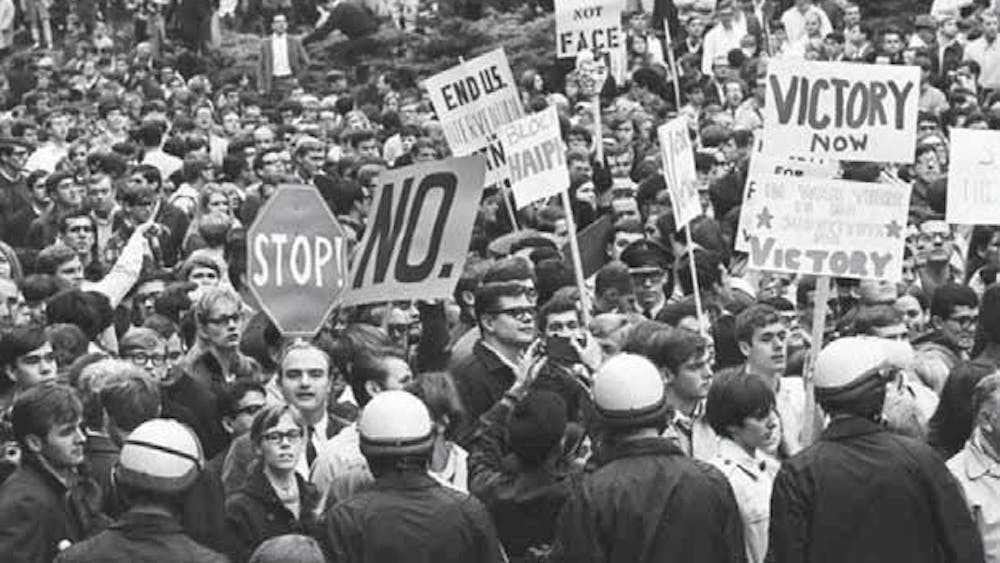In electoral politics, candidates live and die by fundraising. The 2016 general election cost a total of $6.8 billion among all of the candidates. The presidential race accounted for $2.8 billion.
All political figures understand that where candidates get their money has a profound effect on his or her actions while in office. As the race for the 2020 nomination continues, where candidates get their money says a lot about whose interests they will favor as president.
In 2008 Barack Obama ran a campaign of “hope” and “change” that some described as an “unprecedented” grassroots movement. Other observers noted Obama’s massive corporate support and expressed skepticism at his high-minded rhetoric.
Former New York Times writer Chris Hedges predicted that under the Obama presidency, “corporations would continue their ruthless drive to disempower the citizens, to protect an entrenched American oligarchy and to subvert what is left of our faltering democracy.” His prediction ended up coming true.
After accepting millions from big pharma and the health insurance industry, Obama gave them a gift of a healthcare plan pulled from right-wing think tanks. After taking millions in Wall Street donations, he staffed his White House with Wall Street personnel and failed to take serious action against those responsible for the 2008 crash.
During his presidency, incomes for the bottom half of Americans continued to stagnate, and a massive amount of wealth was transferred to the ultra-wealthy. Obviously Hillary Clinton was a better option than Donald Trump, but a Clinton presidency would not have looked too different from Obama’s.
In 2016, the landscape shifted. Bernie Sanders challenged Clinton, the queen of big money, with a campaign entirely financed by individual contributions. His campaign explicitly rejected corporate or PAC money in favor of a mass donor base. The fact that it was successful was a watershed moment for American politics.
For 2020, we see many candidates attempting to tap into the progressive passion that Sanders popularized. All top candidates have rejected the use of corporate PACs and signed a pledge rejecting fossil fuel money.This does not mean the wealthy are being ignored in the primaries.
A key driver for many of the candidates has been private events to court wealthy donors. Front-runner Kamala Harris even rejected an appearance at the candidate climate forum in favor of one such event. Harris later reversed her rejection after public outcry.
Joe Biden of course is as devoted as ever to his base of political insiders and large corporations. The lowest suggested donation for his fundraisers is $250 while some go as high as $2800. He remains friendly to big pharma, Wall Street and many other traditional power centers.
When asked in April, the Buttigieg campaign sent the Center For Public Integrity a list of 23 bundlers that included a former Goldman Sachs and British Petroleum lobbyist. The list also included members of the Pollack family, one of America’s wealthiest.
Only Warren and Sanders have rejected use of bundlers and fancy fundraising events. Both have the highest proportion of small to large dollar donations of the top candidates. Sanders still dominates the field of individual contributions with 950,000 donors contributing millions since his announcement. He is keeping to his small dollar donation strategy that he used in 2016.
Warren has earned about half a million donors since she announced her run. However, she has said her grassroots-only strategy is only for the primaries rather than an attempt at changing the way politics is done. It will be interesting to see whether or not she sticks to the same anti-corporate rhetoric should she win the nomination.
Money is the lifeblood of our politics. It matters a great deal who it goes to, where it comes from and what powers it represents. Getting money out of politics has always been a line used to earn easy applause, but some candidates are more serious about it than others.






